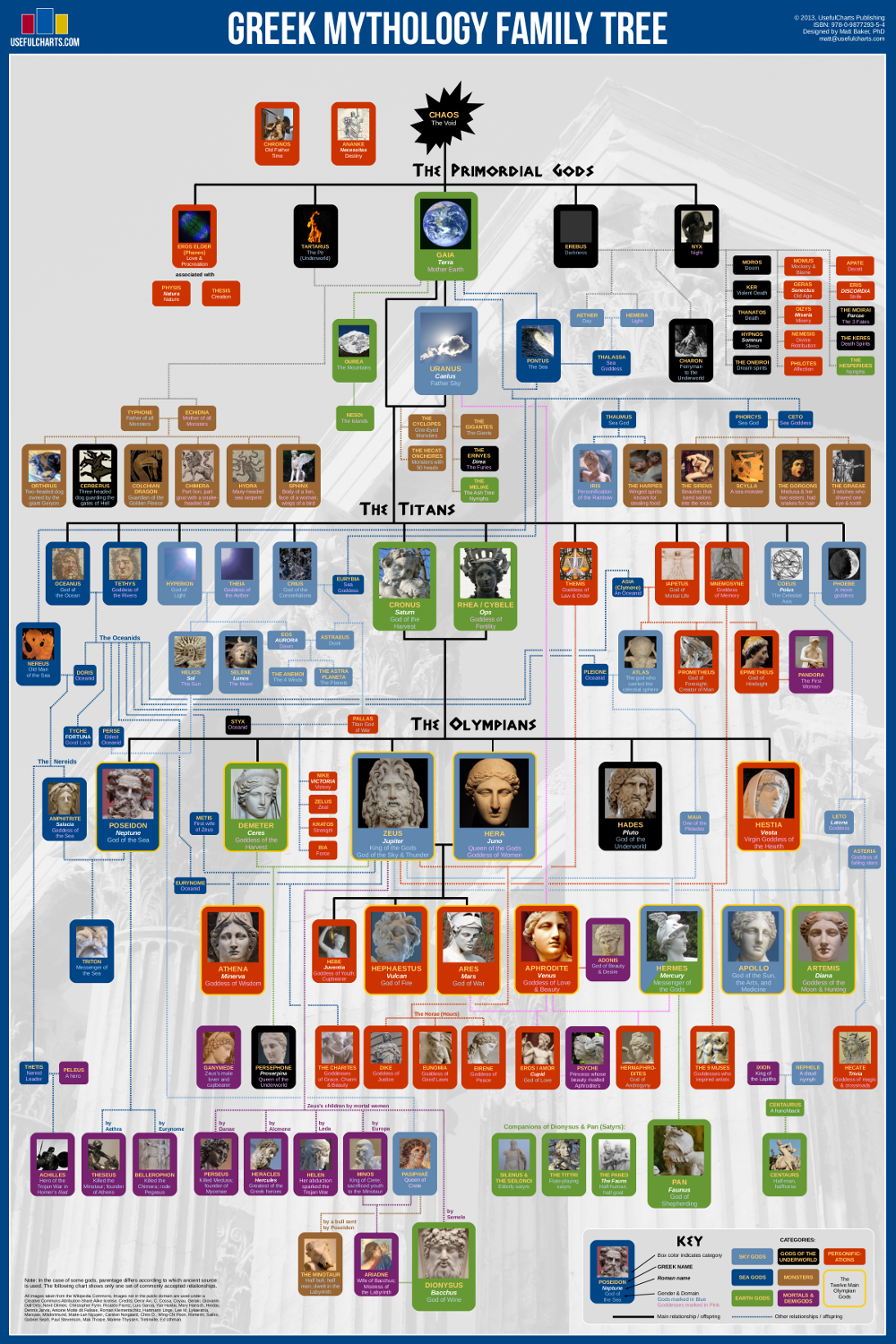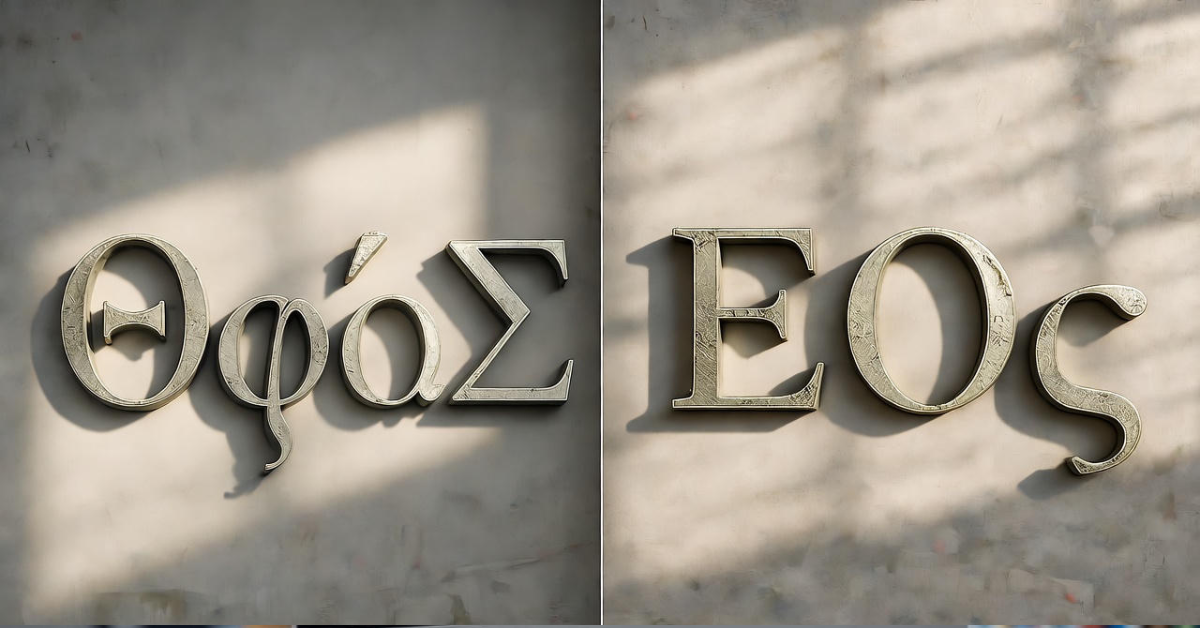Have you ever wondered why so many Greek surnames end in “-opoulos” or what they say about a family’s past? Maybe you’re digging into your own roots or just curious about names from movies and history. Greek surnames tell stories of places, jobs, and family ties that go back centuries. In this article, we’ll walk through their origins, share some popular ones, and give you easy ways to learn more about yours. Stick around, and you’ll see how these names connect people across the world today.
Key Takeaways
- Greek surnames often derive from patronymics, occupations, or regions, reflecting Byzantine and Ottoman influences.
- Over 280,000 unique surnames exist in Greece, with top ones like Papadopoulos held by 1 in 188 people.
- Diaspora adaptations alter names, creating challenges in genealogy but opportunities for cultural reconnection.
- Pronunciation and tracing tools address common barriers, aiding heritage research.
- Modern trends show shifts toward neutral forms in mixed families.
History of Greek Surnames
Greek surnames didn’t just appear out of nowhere. They grew from ancient habits where folks went by one name, like Socrates or Plato. Over time, as families spread out, they needed ways to show who belonged to whom.
Evolution Over Centuries
Picture ancient Greece: People used single names, maybe adding their dad’s name or hometown for clarity. That changed during the Byzantine era, around the 4th to 15th centuries, when family names started sticking. By the 19th century, after shaking off Ottoman rule, most Greeks had fixed surnames. This shift helped with records, but it also mixed in influences from rulers past. Today, with over 281,000 unique Greek surnames and about 39 people sharing each one on average, you can see how diverse they are.
Influences on Formation
The Byzantines brought in religious touches, like names tied to saints or priests. Then the Ottomans added their flavor, with endings like “-oglou” from Turkish words. Think of it like a family recipe passed down, picking up new ingredients along the way. For example, a name like Karamanlis blends Greek and Turkish roots, showing how borders and empires shaped identities. Compared to English surnames, which might come from places like York, Greek ones often highlight personal traits or jobs with a twist of history.

Types of Greek Surnames
Greek surnames fall into a few main groups, each telling a bit about the family’s story. It’s like sorting puzzle pieces by color to see the big picture.
Patronymic Surnames
These are the “son of” kind, super common in Greece. Take Georgiou—it means “son of George.” The feminine version might be Georgiou, showing how names adjust for gender. If you’re naming a baby, this type honors grandparents without much fuss. About half of Greek surnames fit this mold, making them a go-to for family pride.
Occupational and Descriptive
Some names come from jobs, like Oikonomou, which means “steward” or manager. Others describe looks or traits, such as Mavros for “black-haired.” Imagine your ancestor being the village baker—that could turn into Fournaris. Unlike French surnames that might stick to trades strictly, Greek ones mix in personality, adding a fun layer. Stats show 10-15% have non-Hellenic roots, like Slavic or Turkish blends.
Toponymic and Religious
Place-based names point to hometowns, while religious ones nod to faith. Papadopoulos, “son of the priest,” is a classic religious pick. For places, think of something like Kritikos from Crete. A real example: Former leader Konstantinos Karamanlis carried a name with regional and Turkish hints. If you’re puzzled by your name’s origin, start here—it often unlocks family moves over time.
Common Greek Surnames List
Lists make Greek surnames easy to browse. We’ll hit the popular ones first, then some rarities.
Top 10 Most Frequent
Here’s a quick rundown of the most shared names in Greece, based on recent counts:
- Papadopoulos: 59,044 people, or 1 in 188, meaning “son of the priest.”
- Papadopoulou: 37,804 holders, the female form of the top one.
- Papageorgiou: 23,713 folks, blending “priest” and “George.”
- Oikonomou: 21,370, from “steward.”
- Papadimitriou: 19,790, “son of Dimitrios.”
- Georgiou: 18,072, simply “of George.”
- Papaioannou: 17,943, “son of John the priest.”
- Pappas: 17,038, a short form for priest-related names.
- Vasileiou: 16,793, “of Basil.”
- Nikolaou: 16,675, “of Nicholas.” These stay popular because of strong cultural ties, even in 2025 diaspora spots.
Unique and Rare Variants
Not all Greek surnames are everyday finds. Ancient ones like Alexandropoulos echo heroes like Alexander the Great. Rare hybrids might mix Slavic elements in the north, like those from old migrations. Picture a family story: During the 1920s population swaps, names adapted, creating uniques like those with “-idis” endings. For your search, try low-competition phrases like “rare Greek ancestry surnames” to uncover hidden gems.
Where you come from in Greece often shows in your surname’s ending. It’s like a built-in map.
Suffixes by Island/Region
Crete loves “-akis,” a cute diminutive, as in Manousakis for “little Manuel.” The Peloponnese goes for “-opoulos,” meaning “son of,” like Theodoropoulos. Around 20% of surnames tie to Crete this way. Northern areas might have “-idis” from Macedonia. If your name ends oddly, check a region— it could point to grandma’s village.
Cyprus and Mainland Differences
Cyprus shares many things with the mainland but adds Turkish twists, like more “-oglou” from Ottoman days. Ioannou is big in both, but Cypriots might shorten it abroad differently. Think of it versus Italian islands: Sicily has its own flavors, just like Cyprus. For travelers, this adds fun to spotting names on signs.
When Greeks moved abroad, their surnames often changed to fit in. It’s a common story for millions.
Adaptations Abroad
About 3 million Greeks live outside Greece, and 40% tweak names—like Papadopoulos becoming Pappas in the US for easier saying. Compare to Irish folks shortening O’Connor to Connor. Post-COVID moves in 2023-2025 sped this up, with families blending names in new countries.
Challenges and Solutions
Spelling mix-ups cause 20-30% mismatches in old records, frustrating searches. Here’s a fix: Use free sites like Forebears for basics, then paid ones like Ancestry (around $50-200 a year) for depth. Imagine finding a great-grandpa’s ship manifest—it turns pain into excitement. For mixed marriages, 2025 trends lean toward hyphenated or neutral forms to keep both sides happy.
Tracing Greek Surname Ancestry
Ready to dig into your own? It’s easier than you think, even with hurdles.
Steps for Research
Start with family stories, then hit church or civil records—Greeks adopted surnames late, around the 1800s. The 1983 law let women keep maiden names, affecting modern traces. Tip: Scan for variations like Dimitriou versus Demetriou. Free tools beat starting from scratch.
DNA and Modern Tools
DNA kits like 23andMe link surnames to genes, revealing surprises like Ottoman ties. One case: A user found Balkan roots in a common name. With 3 million abroad, experts say combine DNA with archives for the full picture. It’s like piecing a puzzle—start small, build up.
Pronunciation Guide for Greek Surnames
Saying Greek surnames right avoids awkward moments. Let’s break it down simply.
Common Sounds and Rules
“Ch” sounds like “h” in loch, so Xanthopoulos is “ksan-tho-POH-loos.” Stress the second-to-last syllable often. Practice with apps or YouTube for free. Unlike Spanish, where rolls are key, Greek has softer edges.
Gender and Variation Tips
Men’s names end in “-os” or “-is,” women in “-ou” or “-i,” like Georgios to Georgiou. In mixed settings, ask politely to confirm.
FAQs
- What do Greek surnames mean? Greek surnames often indicate patronymics like “son of,” occupations, or regions, such as Papadopoulos, meaning “son of the priest.” They reflect historical influences.
- Are Greek surnames gendered? Yes, many have masculine (-os, -is) and feminine (-ou, -i) forms, like Georgiou (male) and Georgiou (female), though modern trends favor neutrality.
- How common is Papadopoulos? It’s the most frequent, with 59,044 incidences in Greece (1:188 people), per recent data, popular due to religious ties.
- What suffixes indicate regions? -akis for Crete, -opoulos for Peloponnese, -oglou for Ottoman-influenced areas, helping trace geographic origins.
- How to trace a Greek surname? Use church registries, MyHeritage, or DNA tests; account for spelling variations and post-19th-century adoptions for accurate results.
- Why do Greek surnames change abroad? Diaspora adaptations simplify pronunciation or spelling, like Pappas from Papadopoulos; 40% alter names, creating genealogy challenges.
